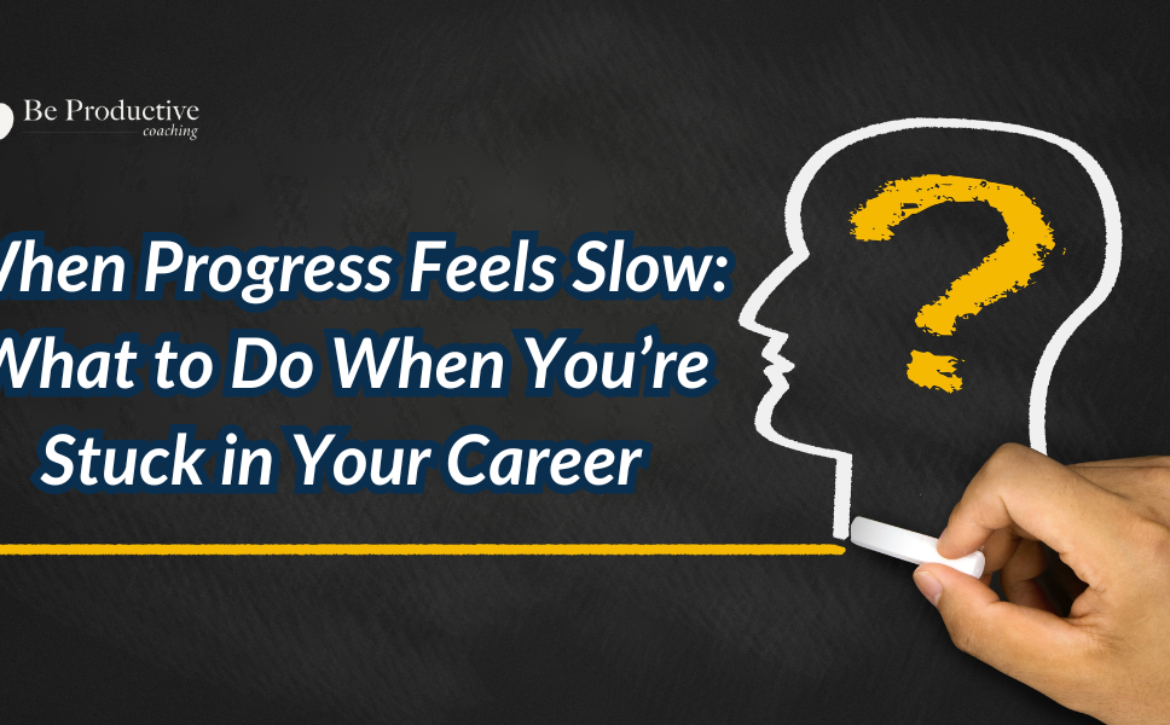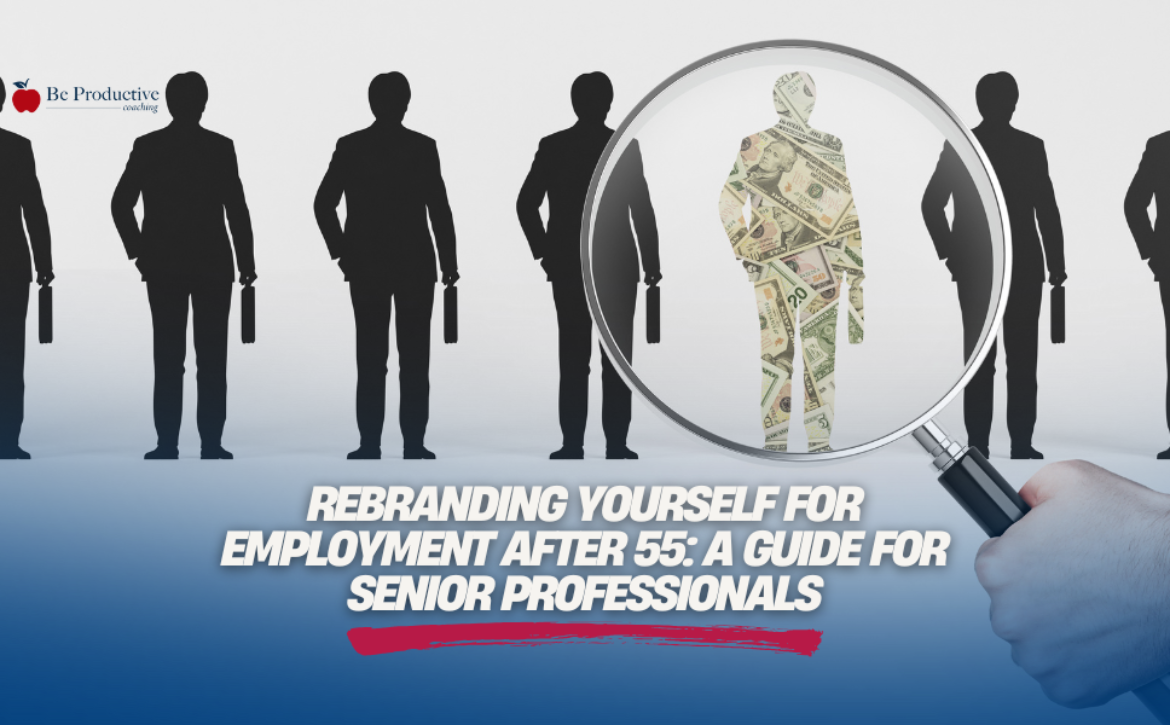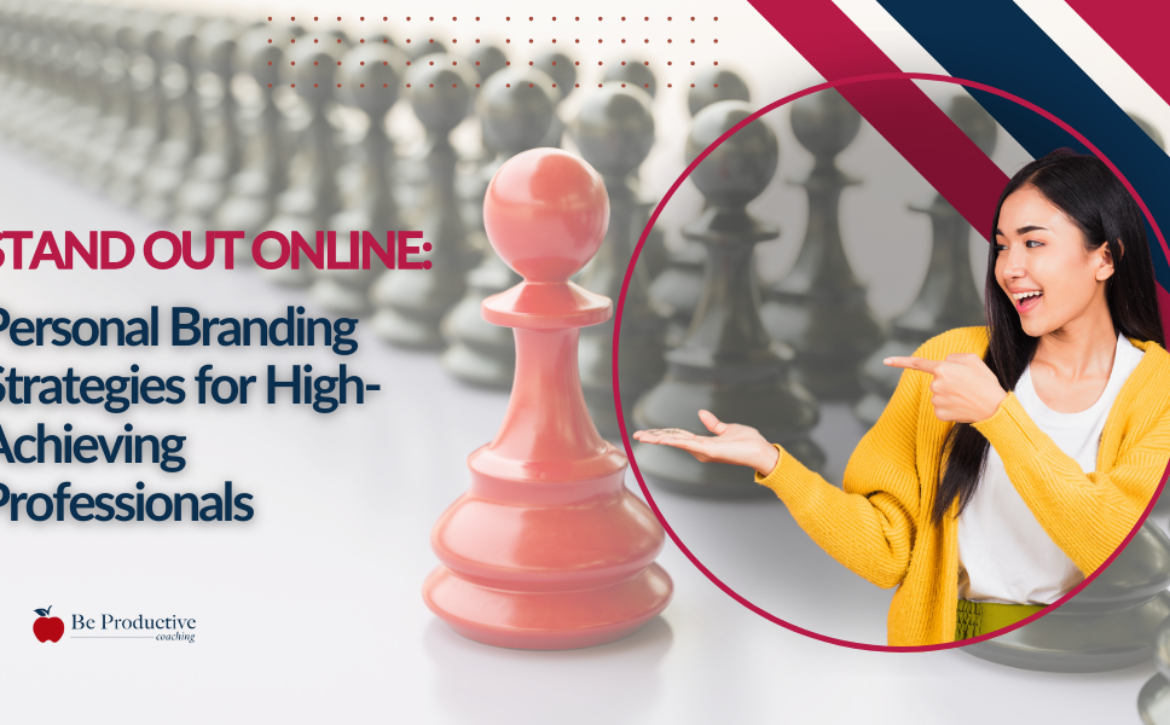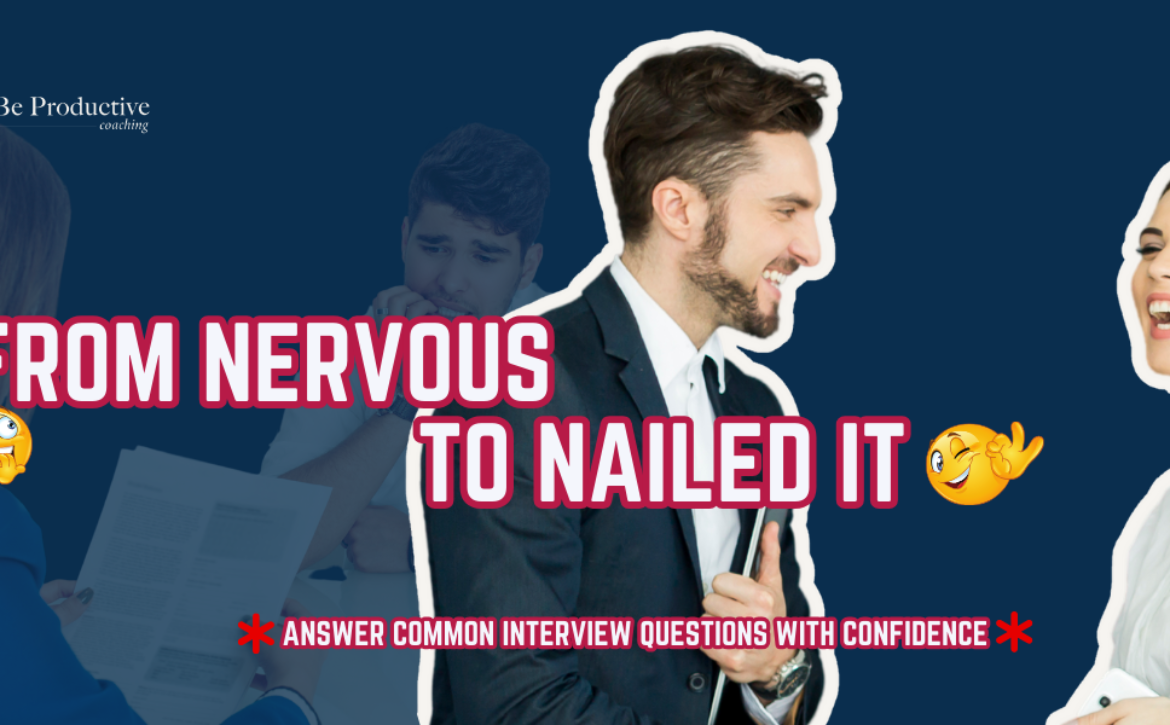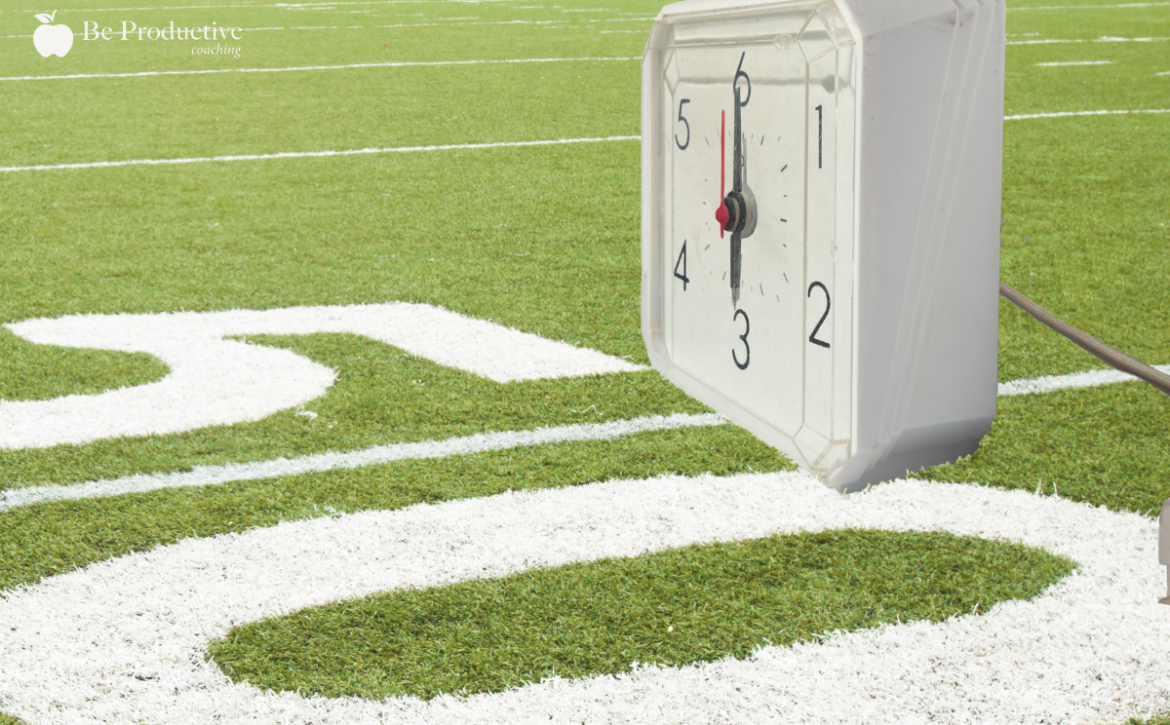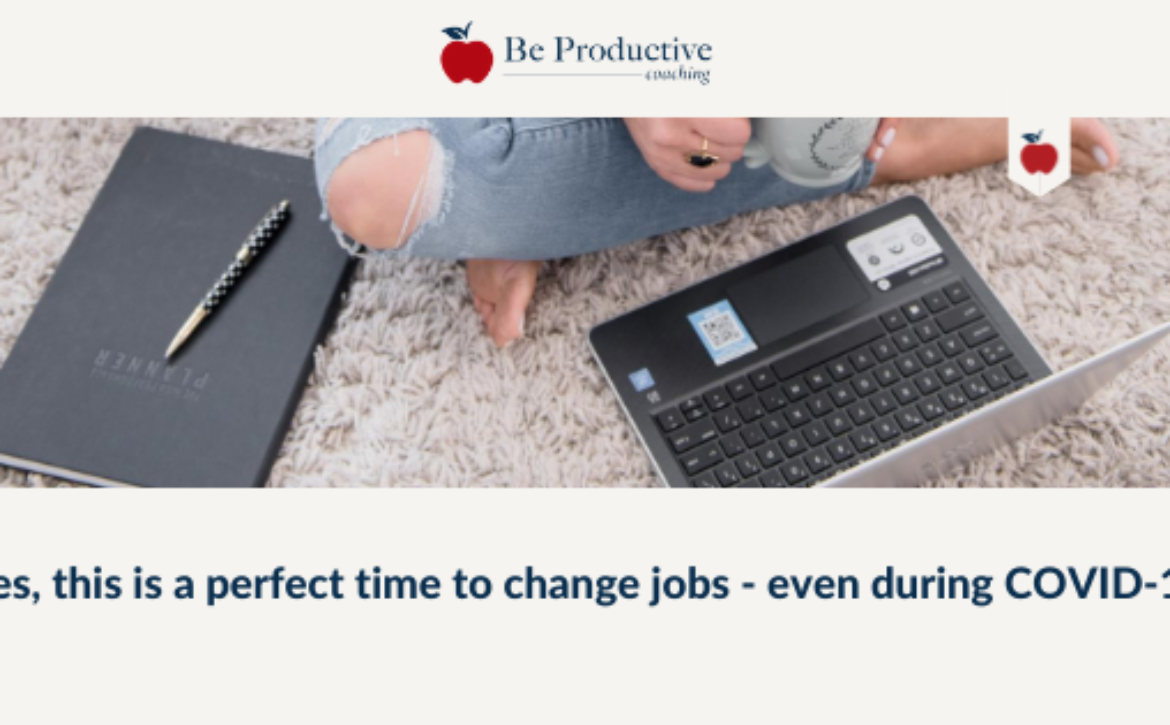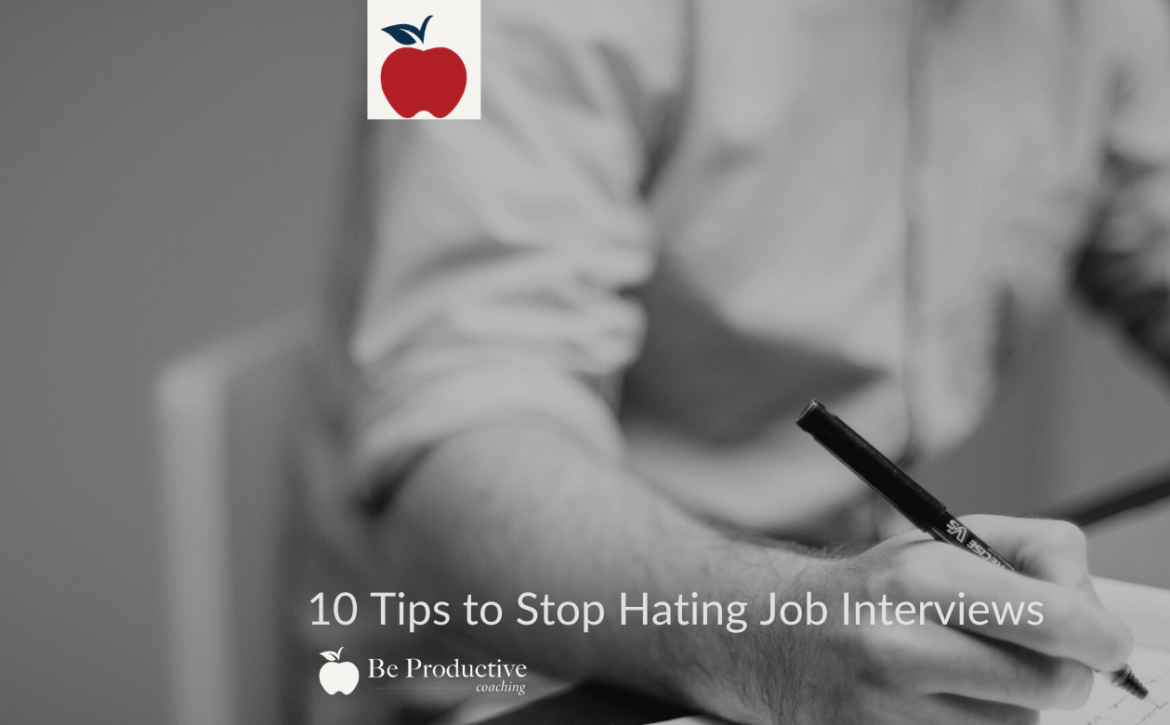From Nervous to Nailed It: Answer Common Interview Questions with Confidence
You’ve secured an interview for your dream job, but the face-to-face meeting can be daunting, often turning excitement into anxiety. However, with the proper preparation and mindset, you can transform this experience into an opportunity for genuine confidence. Techniques such as researching the company, practicing self-talk, and visualizing success can help alleviate nerves and enhance your performance, as detailed on USA.gov. Embrace the challenge and remember that feeling anxious is normal and can indicate your enthusiasm for the role.
Understanding Interview Anxiety
Before exploring strategies for overcoming interview anxiety, we must understand what we’re against. Interview nervousness is a common phenomenon that affects job seekers across industries and experience levels. It’s not just about feeling uneasy; for many, it’s a significant hurdle that can severely impact their performance.
Common causes of interview anxiety include:
- Fear of the unknown
- Pressure to perform
- Past negative experiences
- Imposter syndrome
- High stakes (especially when it’s a dream job)
These factors can trigger a range of physiological and psychological responses. Your heart rate increases, your palms become sweaty, and you might experience a dry mouth or shaky voice. Cognitively, anxiety can cloud your thinking, making it difficult to recall important information or articulate your thoughts clearly.
The impact on your interview performance can be substantial. Anxiety might cause you to:
- Ramble or give unfocused answers
- Forget key accomplishments or skills
- Appear disinterested or lacking in confidence
- Misinterpret questions or miss important cues
Understanding these effects is the first step in overcoming them. Feeling nervous is natural – it shows you care about the outcome. The key is learning to channel that energy positively.
Pre-Interview Preparation Strategies
The foundation of a confident interview lies in thorough preparation. This stage is where you begin to transform anxiety into assurance. Let’s break down the critical elements of adequate pre-interview preparation:
Research the Company and Position
Dive deep into the company’s website, recent news, and social media presence. Understanding the company’s mission, values, and recent achievements allows you to align your responses with their culture and goals. For the position, analyze the job description thoroughly. Identify the essential skills and experiences they seek, and prepare examples demonstrating your fit.
Anticipate Common Interview Questions
While you can’t predict every question, many interviews follow similar patterns. Prepare thoughtful responses to classics like:
- “Tell me about yourself.” (This one is probably the most important as it sets the tone.)
- “Why do you want to work here?”
- “What are your greatest strengths and weaknesses?”
- “Where do you see yourself in five years?”
Master the STAR Method for Behavioral Questions
The STAR method (Situation, Task, Action, Result) is invaluable for structuring responses to behavioral questions. These questions typically start with phrases like “Tell me about a time when…” or “Give an example of…” Practice applying this method to various scenarios from your professional experience.
Conduct Mock Interviews
Enlist a friend, family member, or mentor to conduct practice interviews to help you get comfortable with the interview format and provide feedback on your responses and body language. Consider recording these sessions to self-evaluate your performance.
Prepare Questions for the Interviewer
Thoughtful questions demonstrate your genuine interest in the role and company. They also help you gather vital information to assess if the position is correct for you. Prepare at least 3-5 questions that show you’ve done your homework and are thinking critically about the role.
Mastering Common Interview Questions
Now that we’ve laid the groundwork let’s explore strategies for answering some of the most common interview questions with confidence and clarity.
“Tell me about yourself.”
This open-ended question often serves as an icebreaker but can set the tone for the interview. Your response should be a concise, professional summary, not a personal biography. Structure your answer as follows:
- Start with your current role and a key accomplishment.
- Briefly touch on your professional journey and how it led you here.
- Conclude with why you’re excited about this opportunity.
Example: “I’m a marketing manager at XYZ Corp, where I’ve led campaigns that increased our digital engagement by 40% over the past year. My background in data analytics, which I developed at ABC Inc., has been crucial in driving these results. I’m excited about the opportunity to bring this blend of creative and analytical skills to your team, especially given your focus on data-driven marketing strategies.”
You can refer to this newsletter we wrote on LinkedIn for more details on how to answer this question and subscribe to our newsletter for more.
“What are your strengths and weaknesses?”
For strengths, choose attributes that align with the job requirements and support them with concrete examples. When discussing weaknesses, show self-awareness and a commitment to improvement.
Strength example: “One of my key strengths is my ability to collaborate across departments. In my current role, I initiated a cross-functional project that streamlined our product development process, reducing time-to-market by 20%.”
Weakness example: “I’ve sometimes struggled with perfectionism, which could lead to unnecessary delays. I’ve addressed this by implementing personal deadlines for each project stage and seeking feedback earlier.”
“Why do you want to work here?”
This question tests your knowledge of the company and your alignment with its values and goals. Your answer should demonstrate that you’ve researched and thoughtfully considered how you can contribute.
Example: “I’m impressed by your company’s commitment to sustainability, particularly your recent initiative to reduce carbon emissions in your supply chain. My experience in green logistics aligns perfectly with this goal, and I’m excited about the opportunity to contribute to such meaningful work.”
“Where do you see yourself in five years?”
Your response should show ambition while aligning with the company’s potential growth trajectory. Be honest but strategic.
Example: “In five years, I aim to deepen my expertise in AI-driven marketing strategies and lead a team implementing these cutting-edge approaches. I’m particularly drawn to your company’s focus on innovation and see it as an ideal environment for professional growth.”
Handling Unexpected or Challenging Questions
Sometimes, interviewers throw curveballs to assess your ability to think on your feet. When faced with an unexpected question:
- Take a moment to gather your thoughts.
- If needed, ask for clarification.
- Structure your response logically, even if you’re unsure.
- Be honest if you don’t know something, but express eagerness to learn.
Nonverbal Communication and Body Language
While your words carry weight, your nonverbal cues speak volumes. Mastering the art of body language can significantly boost your perceived confidence and rapport with the interviewer.
The Importance of First Impressions
Research shows that interviewers often form initial impressions within the first few seconds of meeting a candidate. Make those seconds count:
- Arrive early to compose yourself.
- Enter with a confident posture – shoulders back, head high.
- Offer a firm handshake and a genuine smile.
- Make eye contact as you introduce yourself.
Maintaining Eye Contact and Positive Facial Expressions
Throughout the interview:
- Maintain natural, comfortable eye contact as it conveys confidence and engagement.
- Smile genuinely when appropriate. It helps create a positive atmosphere.
- Use facial expressions that match the tone of your words to appear authentic and enthusiastic.
Proper Posture and Hand Gestures
- Sit up straight, leaning slightly forward to show interest.
- Keep your hands visible and use natural, controlled gestures to emphasize points.
- Avoid fidgeting, crossing your arms, or other closed-off postures.
Mirroring and Building Rapport
Subtly mirroring the interviewer’s tone and body language can help establish a subconscious connection. Be careful not to overdo it – the goal is to create harmony, not to mimic.
Building Confidence Through Practice and Mindset
Confidence isn’t just about what you know; it’s about how you feel. Developing a confident mindset is crucial for interview success.
Visualization Techniques
Spend time visualizing a successful interview. Imagine answering questions confidently, building rapport with the interviewer, and leaving with a sense of accomplishment. This mental rehearsal can significantly boost your actual performance.
Positive Self-Talk and Affirmations
Replace negative thoughts with positive affirmations:
- Instead of “I’m not qualified enough,” think, “I have unique skills that add value.”
- Replace “I’ll probably mess up” with “I’m well-prepared and ready to showcase my abilities.”
Power Posing and Confidence-Boosting Exercises
Research suggests that adopting “power poses” (expansive, open postures) before high-stress situations can increase feelings of confidence. Try standing with your hands on your hips, feet apart, for two minutes before your interview.
Reframing Nervousness as Excitement
Anxiety and excitement are physiologically similar. Try reframing your nervousness as positive anticipation. Tell yourself, “I’m excited about this opportunity,” rather than “I’m nervous about this interview.”
Manage Anxiety During the Interview
Being prepared and practicing before the interview should calm your nerves and anxiety but if after reframing your nervousness as positive anticipation you feel anxiety creeping in during the interview then you may want to practice one of these Positive Intelligence reps (PQ reps.) PQ reps are like gym reps for your brain and can effectively keep your focus and calm your nerves.
Here are a few different exercises you can try. Be sure to do them as you listen.
- Take three deep breaths and rub two finger tips together gently but hard enough that you feel all of the ridges of your fingers. Focus on that sensation as you listen.
- Take three deep breaths and wiggle your toes and focus on the movement as you listen. Try counting your toes from right to left or left to right.
- Take three deep breaths and gently focus on the interviewer’s facial expressions or pick one feature to stare at while you are listening. The key here is to keep focus, allowing your thoughts to pass by without judgment.
It’s essential to practice these exercises daily to become familiar with them before utilizing them during an interview. This way, you will be better prepared to manage your anxiety and stay focused on the present moment. To learn more about Positive Intelligence and this technique, consider taking our Positive Intelligence Bootcamp.
Adapting to Different Interview Formats
It helps prepare for various interview formats in today’s job market. Each type requires a slightly different approach:
One-on-One Interviews
- Focus on building a personal connection with the interviewer.
- Use their name occasionally and pick up on any personal cues they offer.
Panel Interviews
Make eye contact with each panel member, not just the person asking the question.
Address your answers primarily to the questioner, but engage others with brief eye contact.
Video and Phone Interviews
For video interviews:
- Ensure your background is professional and well-lit.
- Look directly into the camera to simulate eye contact.
- Test your technology beforehand to avoid glitches.
For phone interviews:
- Stand up and smile – it affects the tone of your voice positively.
- Keep your resume and notes handy for easy reference.
Assessment Centers and Group Interviews
- Show leadership without dominating.
- Demonstrate teamwork by actively listening and building on others’ ideas.
- Stay focused on the task at hand while showcasing your interpersonal skills.
Post-Interview Success Strategies
Your performance doesn’t end when you leave the interview room. Follow-up actions can reinforce a positive impression:
Effective Follow-Up Techniques
- Send a thank-you email within 24 hours of the interview.
- Reiterate your interest in the position and briefly remind them of your key qualifications.
- If you discussed sending them any additional information or documents, provide them promptly.
Thank You Notes and Emails
- Personalize your message by referencing specific points from the interview.
- Keep it concise, professional, and error-free.
- Use this opportunity to address any points you could have expanded on during the interview.
Handling Job Offers and Negotiations
If you receive an offer:
- Express enthusiasm and gratitude.
- Ask for time to consider the offer if needed.
- If negotiating, be honest and confident about what your “must haves” are and focus on the value you bring to the company rather than personal needs. Be ready to meet in the middle.
Learning from Rejections
If you don’t get the job:
- Ask for feedback on your interview performance.
- Reflect on what you could improve for next time.
- Keep the door open for future opportunities by maintaining a professional attitude.
Elevate Your Career: Interview Coaching at Be Productive
The journey from nervous interviewee to confident candidate involves preparation, practice, and mindset. By researching the company, anticipating common questions, mastering nonverbal communication, and using confidence-boosting techniques, you can transform your interview experience. Each interview is an opportunity for personal growth and professional development. Applying these strategies will turn your nervousness into genuine confidence, allowing you to showcase your valuable skills and experiences.
At Be Productive Coaching, we understand the challenges professionals face when preparing for job interviews, and we’re here to help you unlock your full potential. Our personalized coaching sessions transform your interview skills, equipping you with the confidence and strategies you need to excel. Whether you aim to land your dream job or advance your career, we’ll refine your communication and highlight your strengths.
Ready to take the next step? Book a free consultation with us today and start your journey to success!




